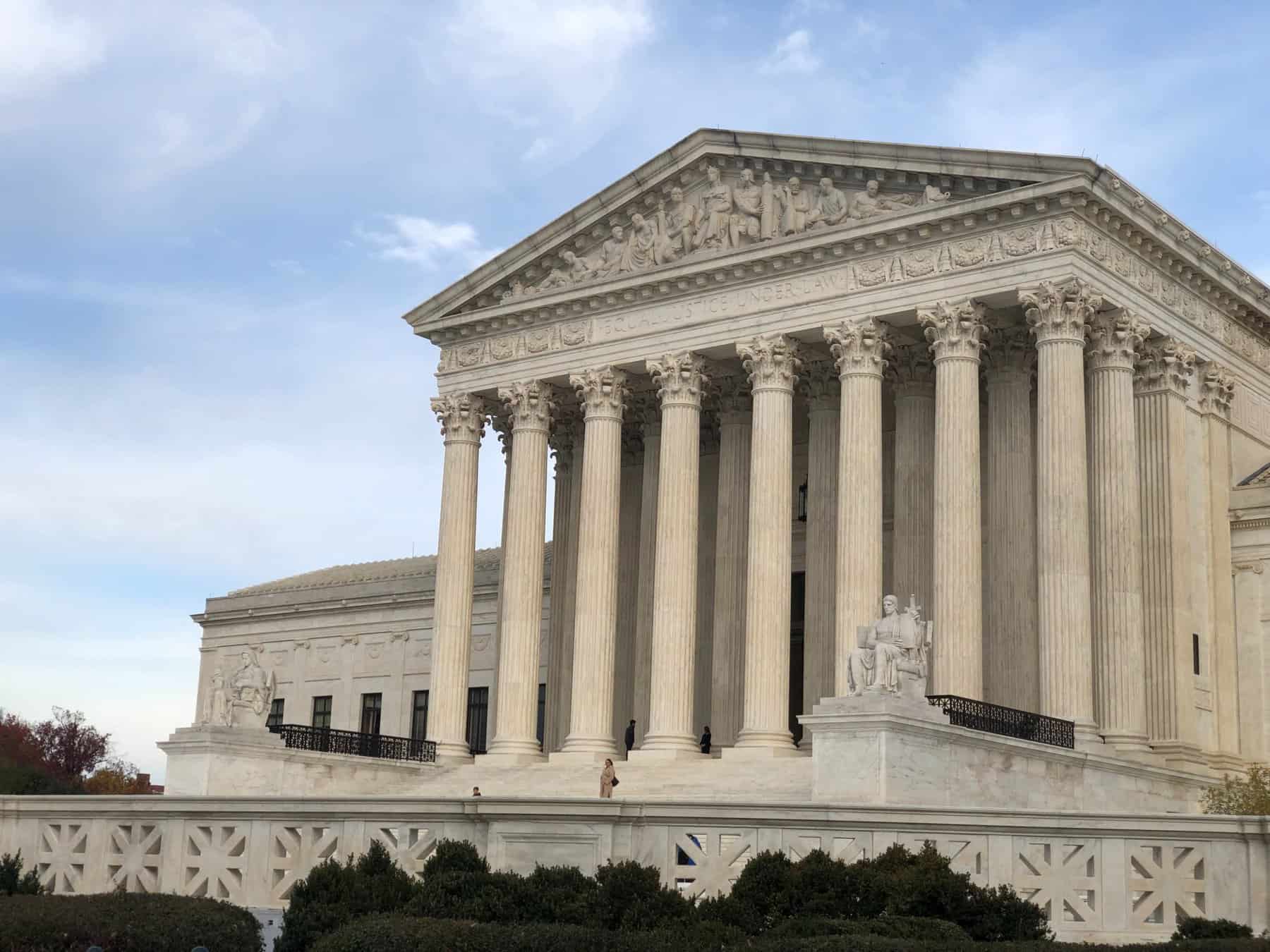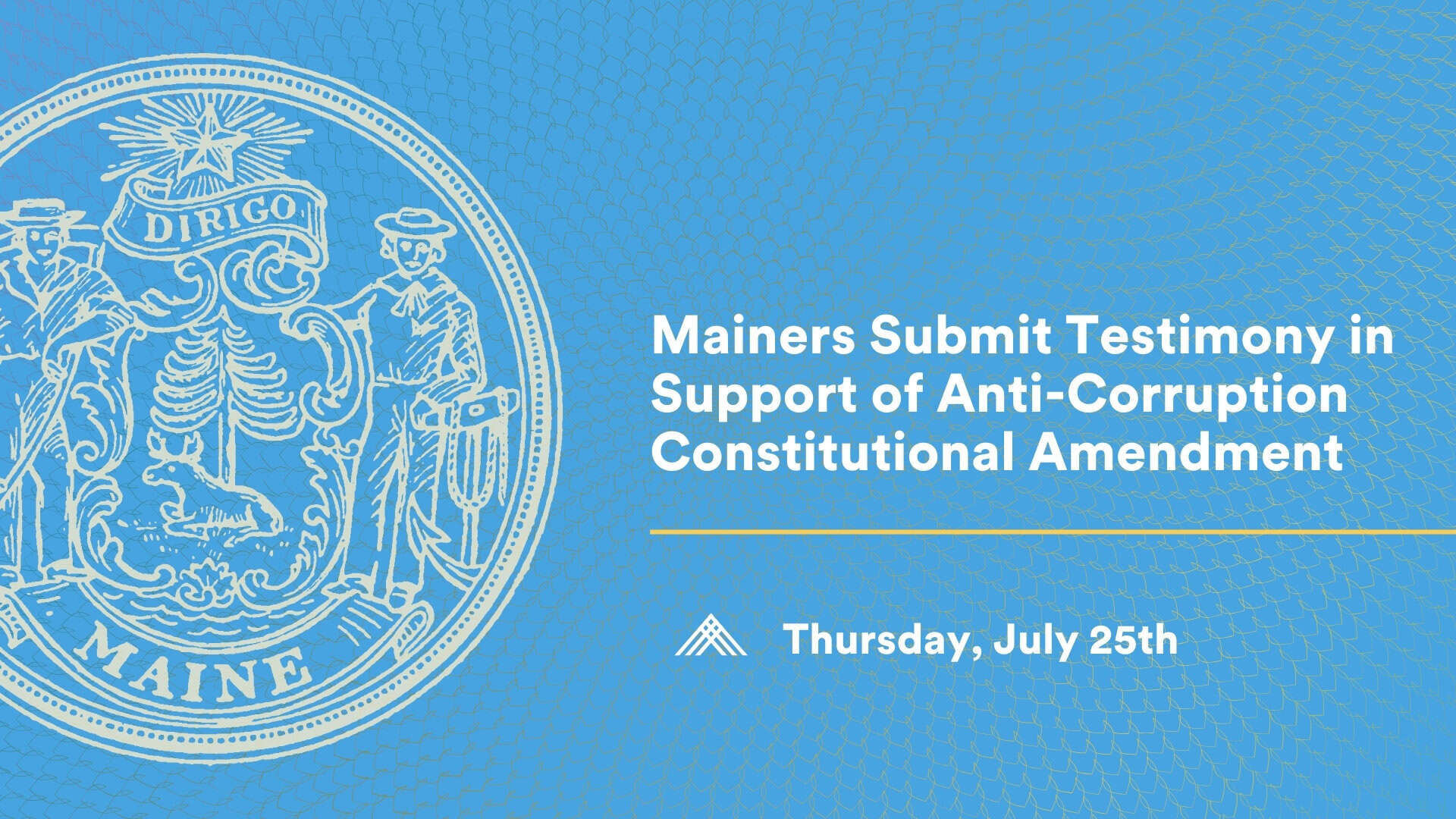By Brian Boyle, American Promise Senior Counsel
This week, the Supreme Court issued its opinion in FEC v. Ted Cruz for Senate. Writing for a six-member majority, Chief Justice Roberts struck down a provision of federal law that limited how much a campaign committee could repay its candidate’s personal loan with post-election contributions. (We previewed the case earlier this year, just after the oral argument.) Justice Kagan dissented, joined by Justices Sotomayor and Breyer. Most Americans would be shocked by the current state of the Supreme Court’s campaign finance jurisprudence. Simply put, the Court believes that politicians’ favoritism toward campaign donors is a natural and inescapable consequence of our commitment to “the freedom of speech.” To appreciate how extreme the Court’s views are, it is worth quoting the majority opinion at some length:
This Court has recognized only one permissible ground for restricting [campaign contributions]: the prevention of quid pro quo corruption or its appearance. We have consistently rejected attempts to restrict campaign [contributions] based on other legislative aims. For example, we have denied attempts to reduce the amount of money in politics, to level electoral opportunities by equalizing candidate resources, and to limit the general influence a contributor may have over an elected official. However well intentioned such proposals may be, the First Amendment — as this Court has repeatedly emphasized — prohibits such attempts to tamper with the right of citizens to choose who shall govern them.
[O]ur cases make clear that the Government may not seek to limit the appearance of mere influence or access. As we have explained, influence and access embody a central feature of democracy — that constituents support candidates who share their beliefs and interests, and candidates who are elected can be expected to be responsive to those concerns.
Note two startling aspects of this opinion. First, the Court pays lip service to “the right of citizens to choose who shall govern them,” yet at the same time, it denies those citizens any power to set reasonable campaign finance rules. The Court is blind to the compelling sovereign interests that a self-governing citizenry has in reducing the amount of money in politics, leveling the playing field, or limiting donors’ access and influence. Second, when it says that “influence and access embody a central feature of democracy,” the Court casually conflates financial donors with “constituents.” Most Americans would probably agree that actual constituents should have “influence and access” over their elected representatives on fair and equal terms; a strong alignment between constituents and their elected officials is central to representative self-government. By contrast, the Court endorses financial favoritism: the wealthy donors — regardless of whether they could even vote for the candidate — are entitled to “influence and access,” while actual constituents are left to wonder whether their interests are anywhere on the radar. This case is just the latest in a series of wrongheaded campaign finance decisions that give a free pass to the corrosive effects of money in politics. The opening paragraph of Justice Kagan’s dissent illustrates the sad reality unleashed by today’s opinion:
A candidate for public office extends a $500,000 loan to his campaign organization, hoping to recoup the amount from benefactors’ post-election contributions. Once elected, he devotes himself assiduously to recovering the money; his personal bank account, after all, now has a gaping half-million-dollar hole. The politician solicits donations from wealthy individuals and corporate lobbyists, making clear that the money they give will go straight from the campaign to him, as repayment for his loan. He is deeply grateful to those who help, as they know he will be — more grateful than for ordinary campaign contributions (which do not increase his personal wealth). And as they paid him, so he will pay them. In the coming months and years, they receive government benefits — maybe favorable legislation, maybe prized appointments, maybe lucrative contracts. The politician is happy; the donors are happy. The only loser is the public. It inevitably suffers from government corruption.
On the bright side, it doesn’t have to be this way. The American people can send a clear message to the Court that we do not share its conception of money-in-politics. We have the power to amend the Constitution and affirm our sovereign capacity to set reasonable campaign finance rules. To learn more and get involved, please join the movement at American Promise.







